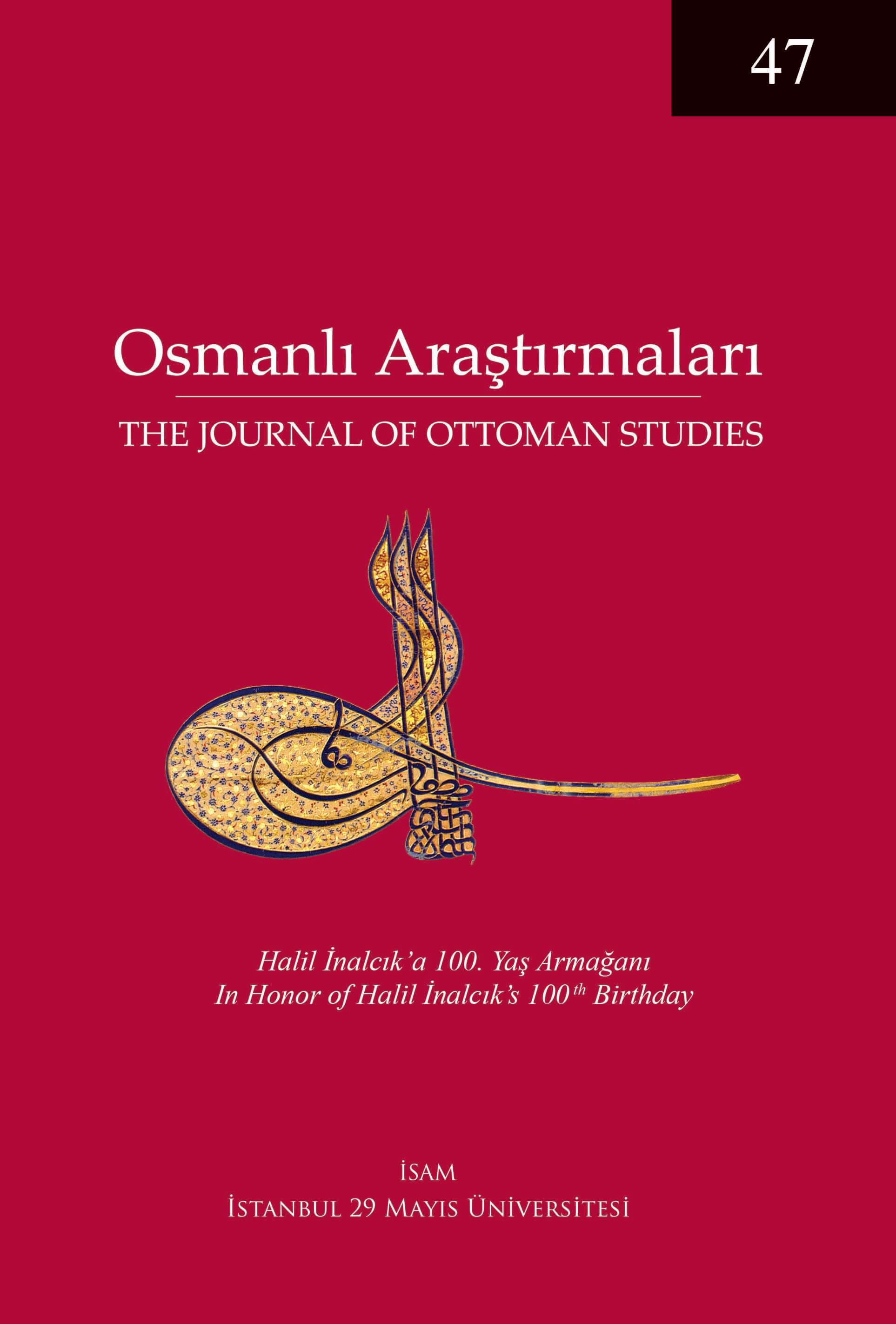The Oldest Known Budget of the Ottoman Empire (1495-1496) and İcmal (BudgetResumé) of the Year 1494-1495
Keywords:
Budget, icmal (budget resumé), jizya, mukataa (tax farming), revenues, expenditures, province of Anatolia, province of RumeliaAbstract
Ottoman budgets are one of the most reliable sources for studying the revenues and expenditures of the Ottoman state. The earliest budget that has been reviewed in the literature so far dates back to the 16th century. This study examines the earliest budget (1495-96) found in the archives with the icmal (budget resumé) of the previous year (1494-95). One can clearly observe in it the effects of Ottoman conquest policy on the revenue structure of the central treasury. Jizya items constitute more than half of total budget revenues. almost all originating from the province of Rumelia. Mukataa (tax farming) revenues constitute the second largest item. However, 30 years after this budget, mukataa revenues increase, both in quantity and rate, and assume first place. In the 1495-96 budget line items for avarız (extraordinary taxes) and nuzul (a special kind of war-time taxes) do not exist; on the other hand, the budget of 1525 registers avarız and nuzul item as the third largest income items under the heading of various revenues irregularly collected. In the revenue structure of the 1495-96 budget, tax revenues which are not derived from production constitute approximately 2/3 of the entire budget. The taxes from the province of Rumelia meet all of the expenditures in both the icmal of 1494-95 and the budget of 1495-96, and even display a budget surplus. Income-expenditure balance results from increase in revenues in 1494-95 and decrease in spending in 1495-96.




